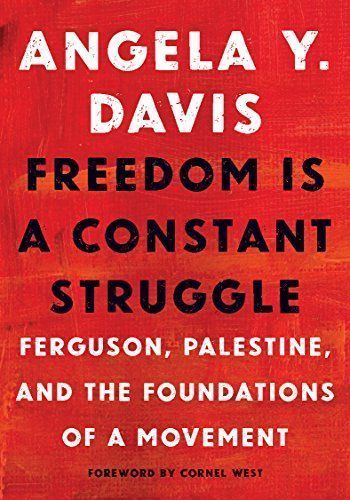
Reviews
lauren@laureniscompletelyfine
Angelyn Francis@angelynsayshi
annalyse! @a_nnalyse
Molly M@molsmcq
kezzie@k333z
Syasya Diyana @cicocess
Summerlyn Grainger@summerlyn
Sophia @phiabia
Amira BEN@amirasreading
Amanda Collier@koresami
Oscar Kömpel@oscarkoempel
Rebecca Lum@reblum
Emily Morgan@e333mily
Bowie @unbowieable
Imane@imanes
Alyssa Jacunski@unread-shelves
Sophie Shrimpton@sinta
Brook@brook
skully@skullface
Deailova El@deailova
Kiara@bookwormenglishteacher
Alli@maybeitsalli
Jude@joodith
muskaan bal@muskaankb
Highlights
Kiara@bookwormenglishteacher
Kiara@bookwormenglishteacher
Sophia @phiabia
Page 26
Sophia @phiabia
Page 22
Sophia @phiabia
Page 15